Innovation & Overcoming Challenges
June 13 & 14, 2022
Subject to Change

Muhammad A. Ahmed, MD, FAAEP
Trading Places: When Doctor Becomes Patient

Jerry A. Allison, MD, MSH, CPE, FAAEP
“Managed Care” – Can We Get Along? A View From the Inside

Suresh Jude Antony, MD, FACP, FRCP
Controversies/Lessons Learned on the Frontlines in Management of COVID-19

Terrance Lee Baker, MD, MS, FAAEP, FAAIM
Guidelines: Discharge Instructions for COVID-19 Patients for Home Follow-up

Sheila Eva Bloomquist, MD
Telemedicine Use in the Urgent Care Setting and Integrative Medicine Adjuncts to Urgent Care

Arthur Cooper, MD, MS, FACS, FAADM
Applied Medical Ethics IV: Withholding and Withdrawal of Care: What Bioethics Can Teach Us
Terror Medicine III: Bioterrorism: Mechanisms, Responses, Patterns
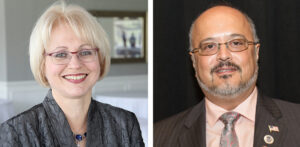
Heidi P. Cordi, MD, FACEP, FAADM, & Maurice A. Ramirez, DO, PhD
Use of Artificial Intelligence in Recognizing and Addressing Physician Burnout
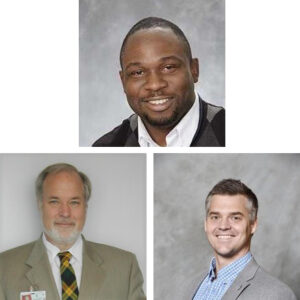
Ikechukwu U. Emereuwaonu, MD, Wm. MacMillan Rodney, MD, & John R. Rodney, MD
Point-of-Care Ultrasound (POCUS) Guided Management of Urgencies and Emergencies in Women’s Health

Victor Freeman, MD, MPP
In Health Care, “Race Matters!”- Why We Need to Use Best Practices to Track/Analyze It
Why Being “Race Blind” Can Harm Patient
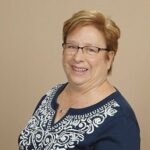
Lorraine M. Giordano, MD, FACEP, FAADM
At-Risk Populations with Special Health Care Needs in a Disaster

Jack V. Greiner, DO, PhD, FAASS
Treatment of Xerotic Abnormalities of the Eye and Skin with Plant-Based Phospholipids and Mineral Hydrocarbon-Based Oils
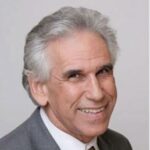
David P. Kalin, MD
Cannabis Therapy – What’s Up Doc?
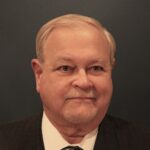
Douglas L. Marciniak, DO, FAAIM
Long Term Impact of COVID-19 Infection on the Cardiovascular System
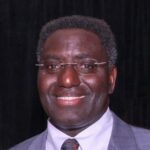
Leslie Mukau, MD, FAAEP, FACEP
The Hill We Climb – The Roots and Manifestations of Systemic Racism, Inequity, and Bias in Medicine and Health Care

James R. Neuenschwander, MD
Applying Lessons Learned From Long Haul COVID to the Management of Chronically Ill Patients

Steven G. Sugden, MD
Emergent Novel Drugs and Potential Treatments
Emergency Medicine Track

Jerry A. Allison, MD, MSH, CPE, FAAEP
“PPE-Potentially Preventable Events” – Using Mobile Integrative Health to Reduce Unnecessary ED Visits and Hospitalizations in Various Patient Populations

Terrance Lee Baker, MD, MS, FAAEP, FAAIM
Gun Violence Key Facts
Non-Traumatic Back Pain

Ashraf A. Gerges, MD
Emergency Medicine Jeopardy
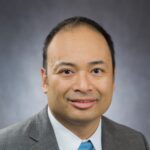
Leonard Lamsen, MD
2020 American Heart Association’s Guidelines for CPR and ECC: An Update for Emergency Physicians
The Role of Medical Simulation in Skill Acquisition and Patient Safety
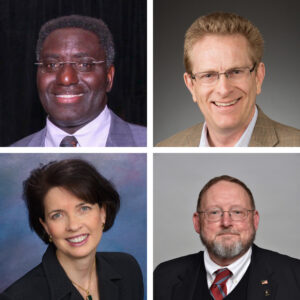
Leslie Mukau, MD, FAAEP, FACEP, Jerry A. Allison, MD, MSH, CPE, FAAEP, Elizabeth Maxwell-Schmidt, MD, FAAEP, FACEP, & Terrance Lee Baker, MD, MS, FAAEP, FAAIM
Boom or Bust: Emergency Medicine Physician Workforce Projections for 2030 and the Implications for BCEM Physicians

Leslie Mukau, MD, FAAEP, FACEP
California Dreamin’ – Lessons From California on the Innovative State-of-the-Art ED Management of Opioid Use Disorder
The American Association of Physician Specialists, Inc., is accredited by the Accreditation Council for Continuing Medical Education (ACCME) to provide continuing medical education for physicians.
The American Association of Physician Specialists, Inc., designates this live activity for a maximum of 16 AMA PRA Category 1 Credits™. Physicians should claim only the credit commensurate with the extent of their participation in the activity.







